Report this entry
More from the same community-collection
Calavera makeup for Dia De Los Muertos 2020
Calavera makeup for Dia De Los Muertos 2020 by Daniela Murrieta
Calavera Literaria for Dia De Los Muertos 2020
Calavera Literaria for Dia De Los Muertos 2020 by David Saucedo
Calavera Literaria for Dia De Los Muertos 2020
Calavera Literaria for Dia De Los Muertos 2020 by Katherine ...
In Remembrance for Dia De Los Muertos 2020
In Remembrance for Dia De Los Muertos 2020 by Martha Alegre ...
“Amor, Vida y Paz” installed by artist Adrian Wolf
Altars (or ofrendas) are at the heart of Dia de los Muertos ...
“Amor, Vida y Paz” installed by artist Adrian Wolf
Altars (or ofrendas) are at the heart of Dia de los Muertos ...
“Amor, Vida y Paz” installed by artist Adrian Wolf
Altars (or ofrendas) are at the heart of Dia de los Muertos ...
Calavera Makeup for Dia De Los Muertos 2020
Calavera makeup for Dia De Los Muertos 2020 by Lisa Jenerette ...
Painting for Dia De Los Muertos 2020 by Carolyn Martinez
Painting for Dia De Los Muertos 2020 by Carolyn Martinez ...
Calavera makeup for Dia De Los Muertos 2020
Calavera makeup for Dia De Los Muertos 2020 by Lisa Jenerette ...
Calavera makeup for Dia De Los Muertos 2020
Calavera makeup for Dia De Los Muertos 2020 by Lisa Jenerette
DPS Texas Ranger Royal A. McMullin
Royal A. McMullin born in Salem, Missouri. He joined the United ...
Trost & Trost Drawing for El Paso Masonic Lodge # 130
One of the many architectural drawings by the firm Trost & Trost ...
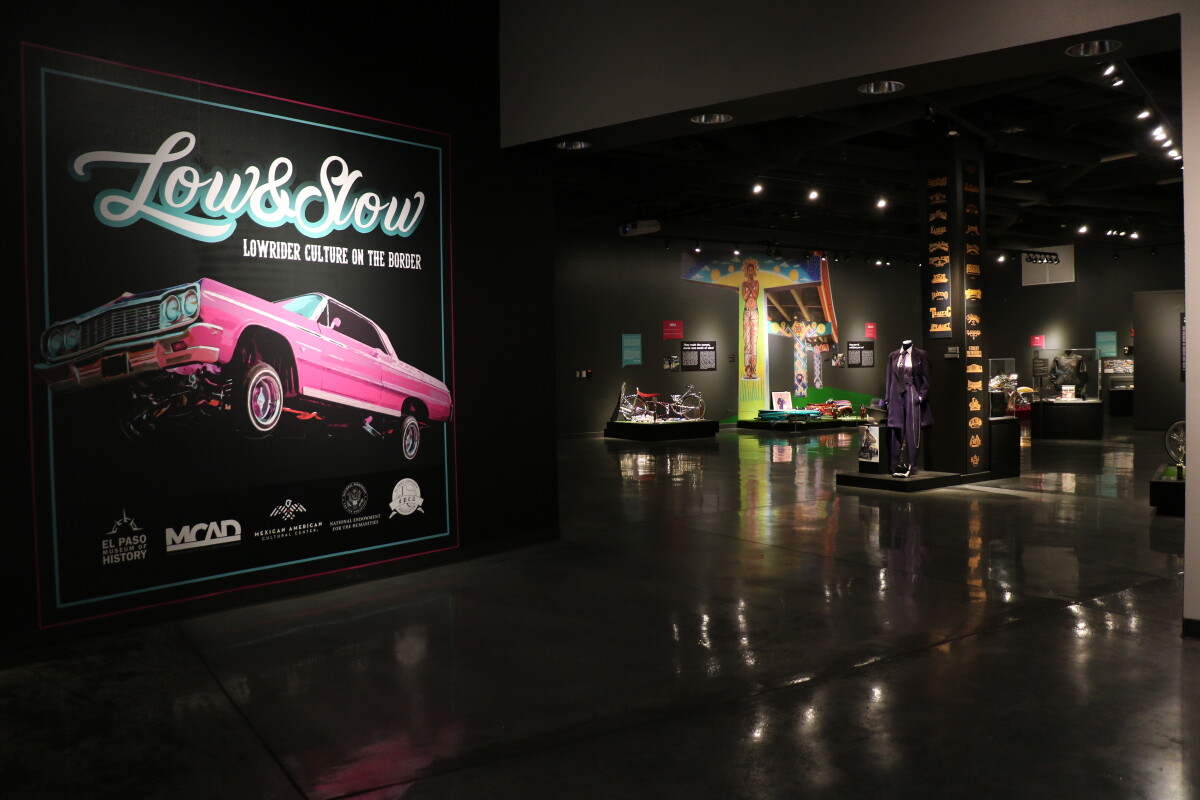
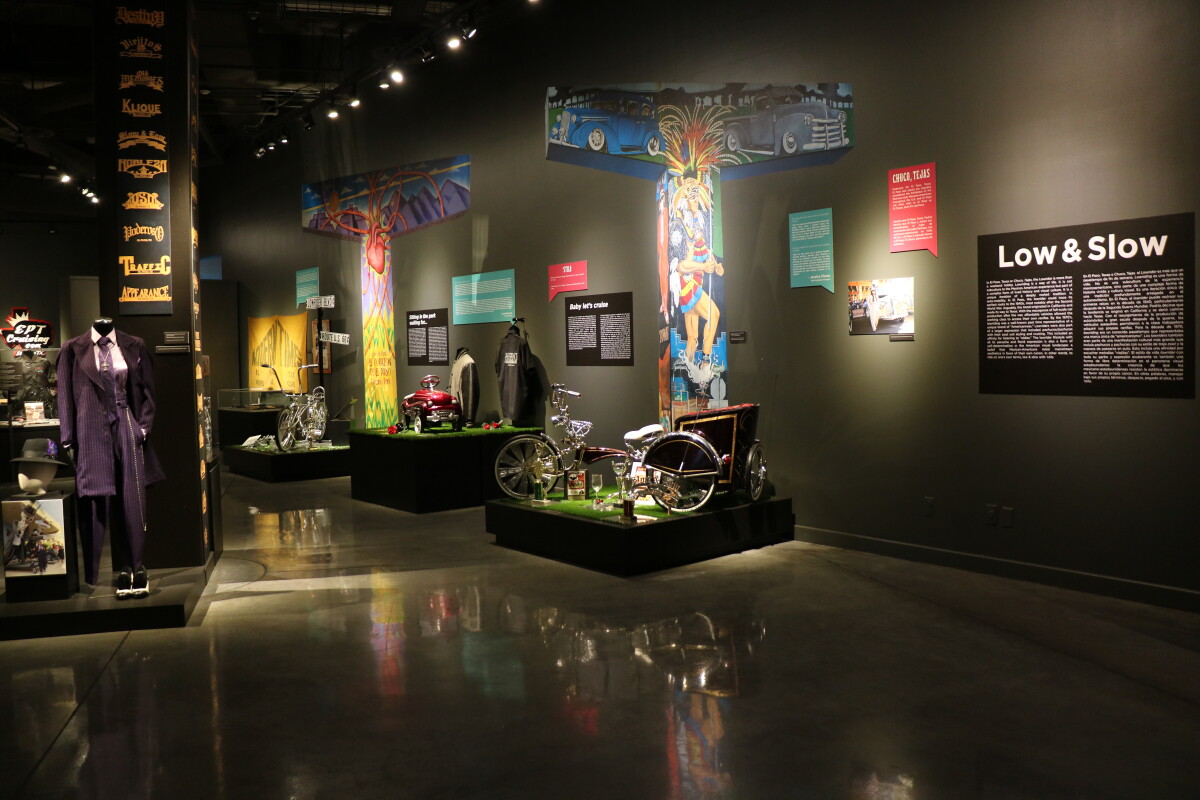
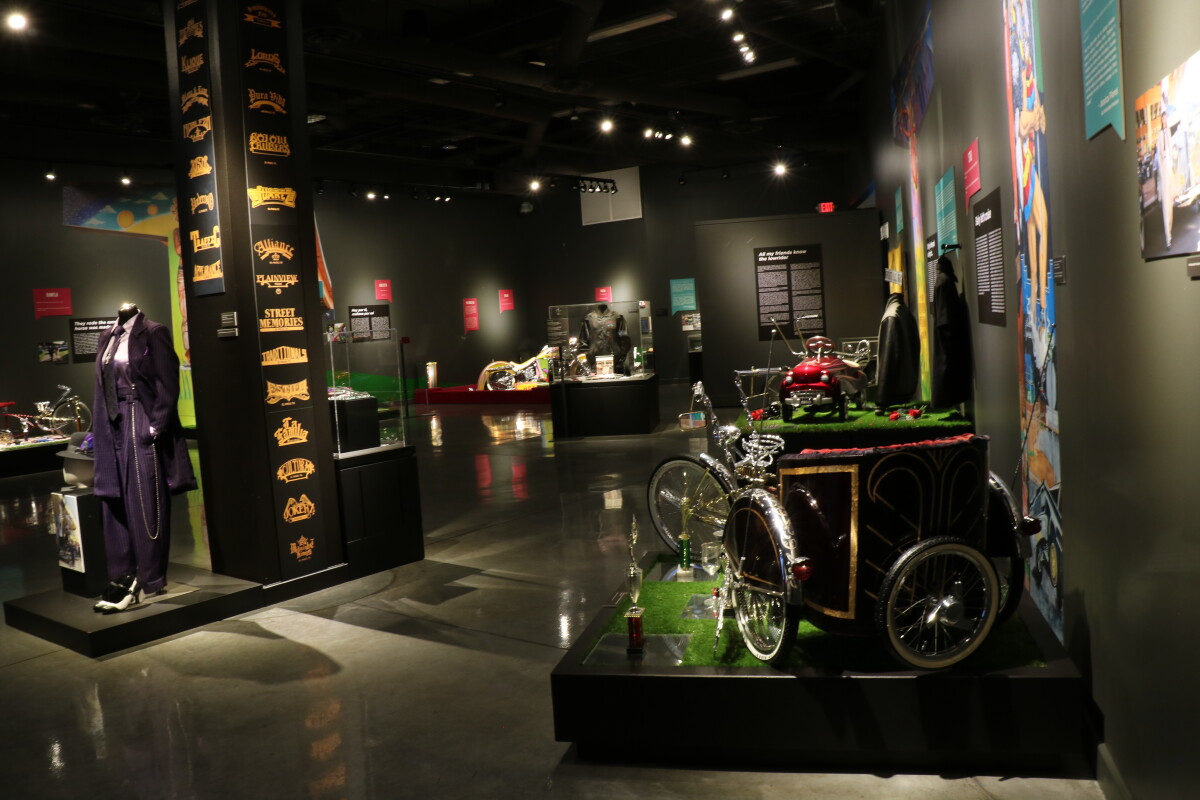
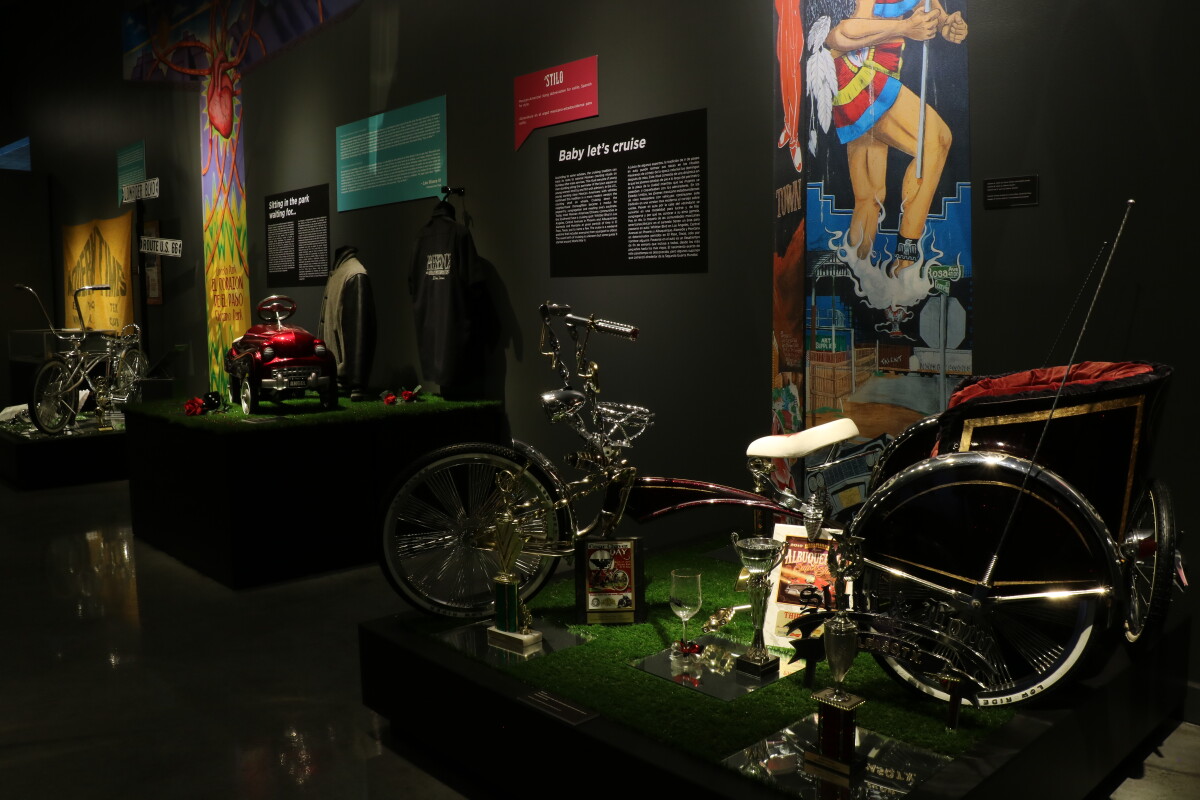
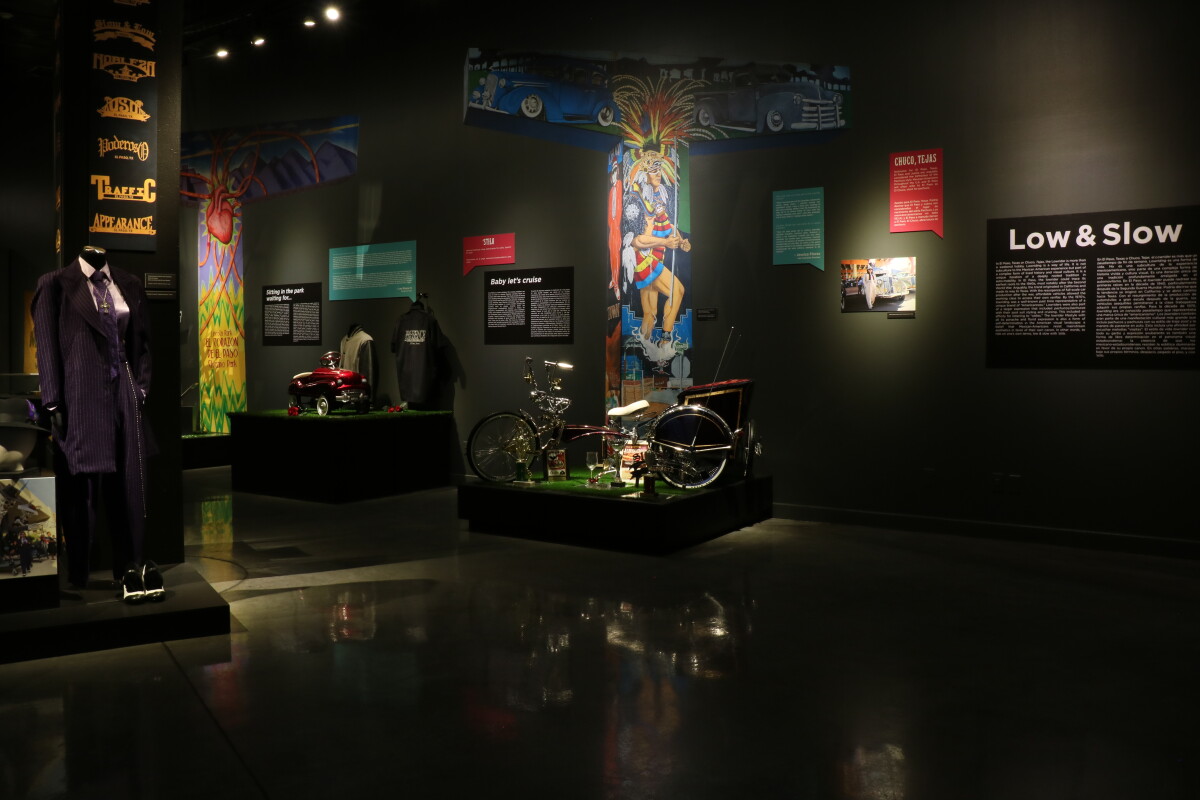
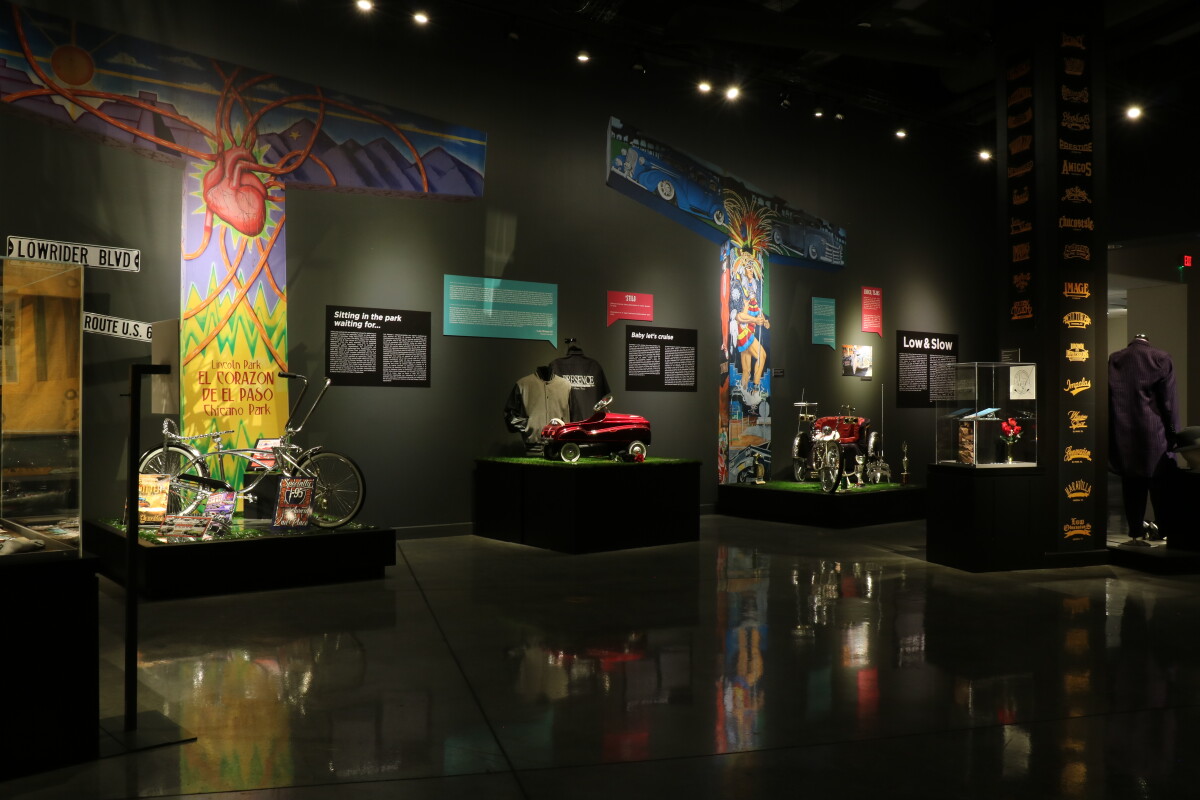
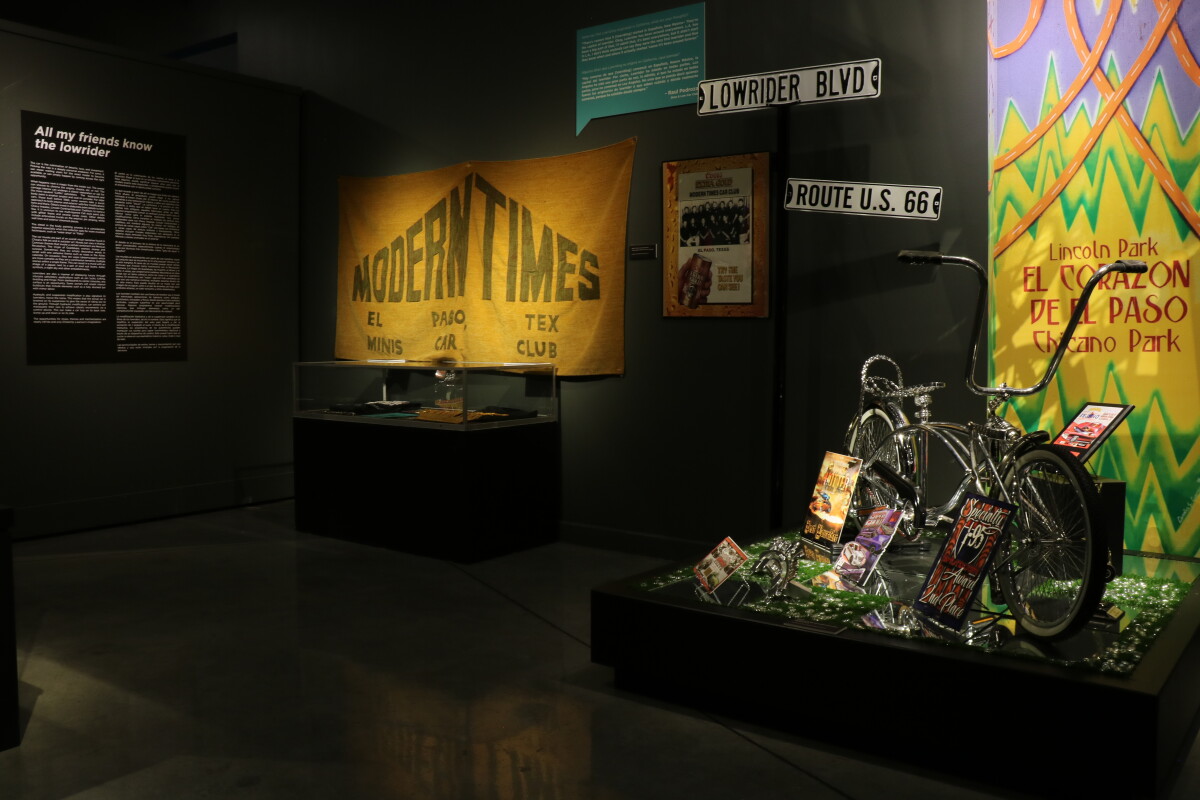
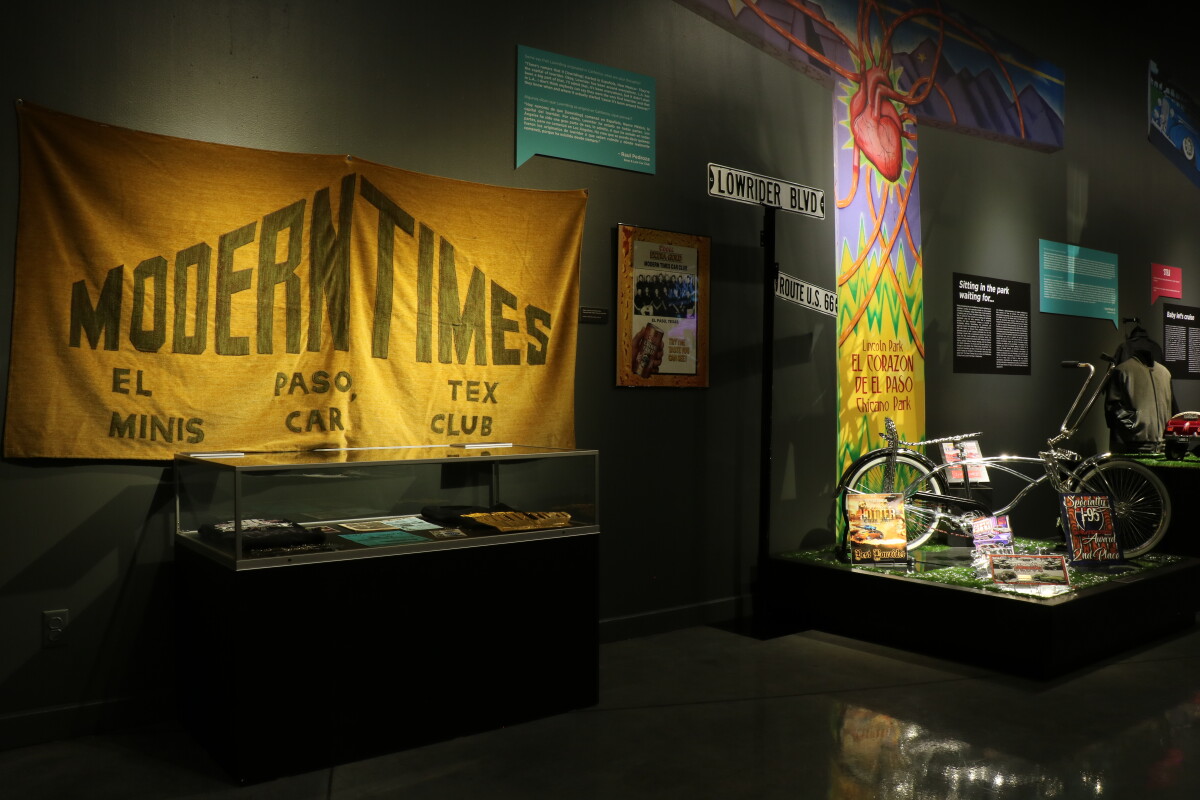
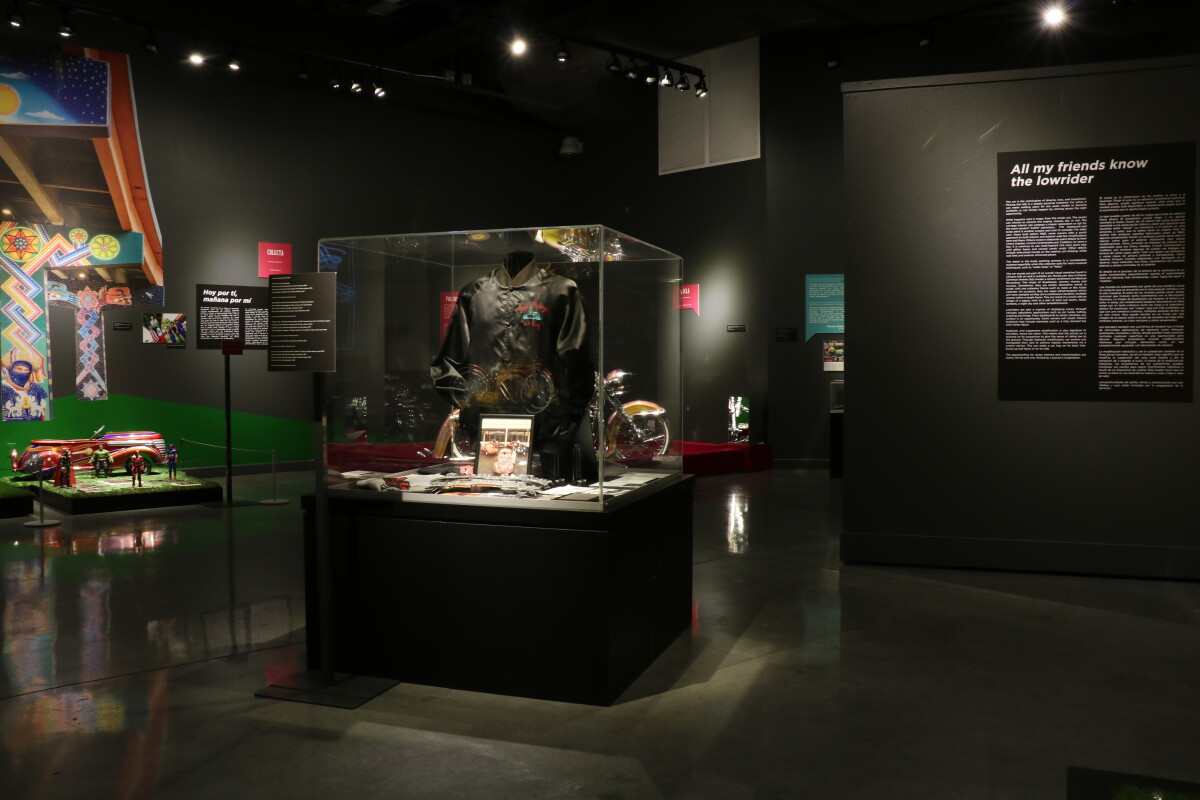
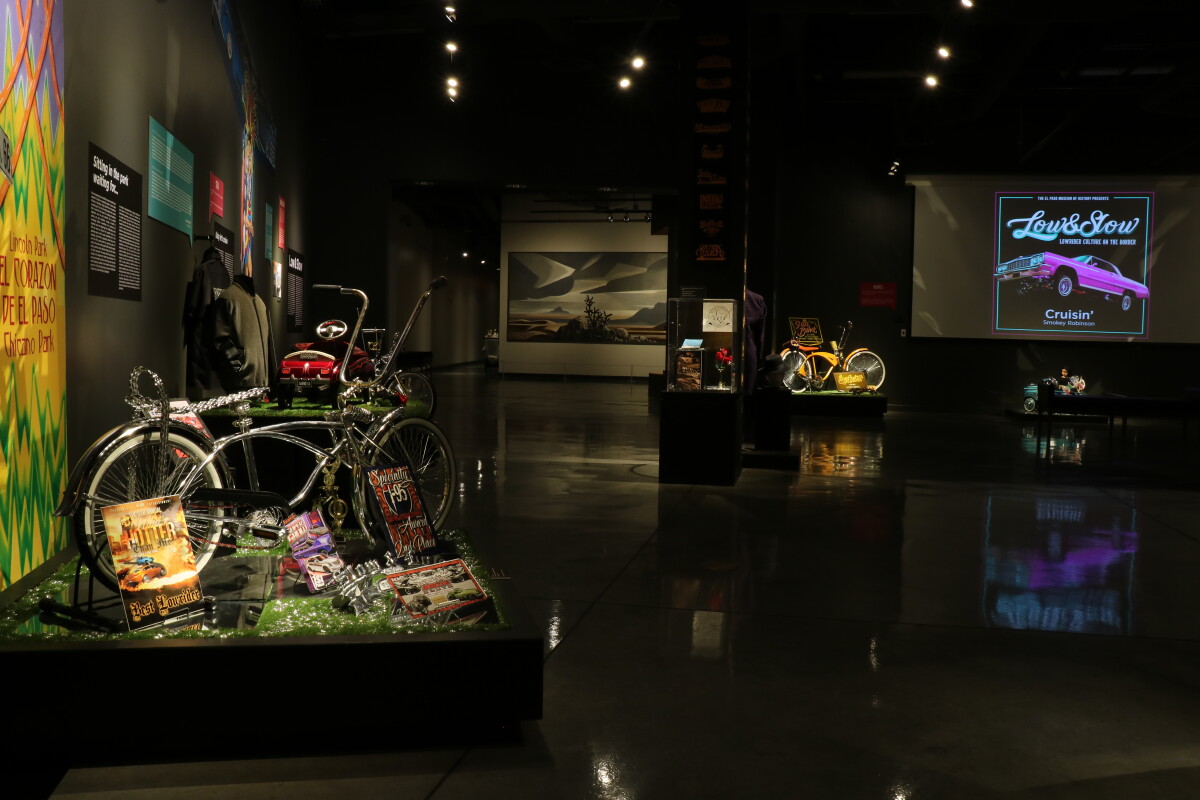
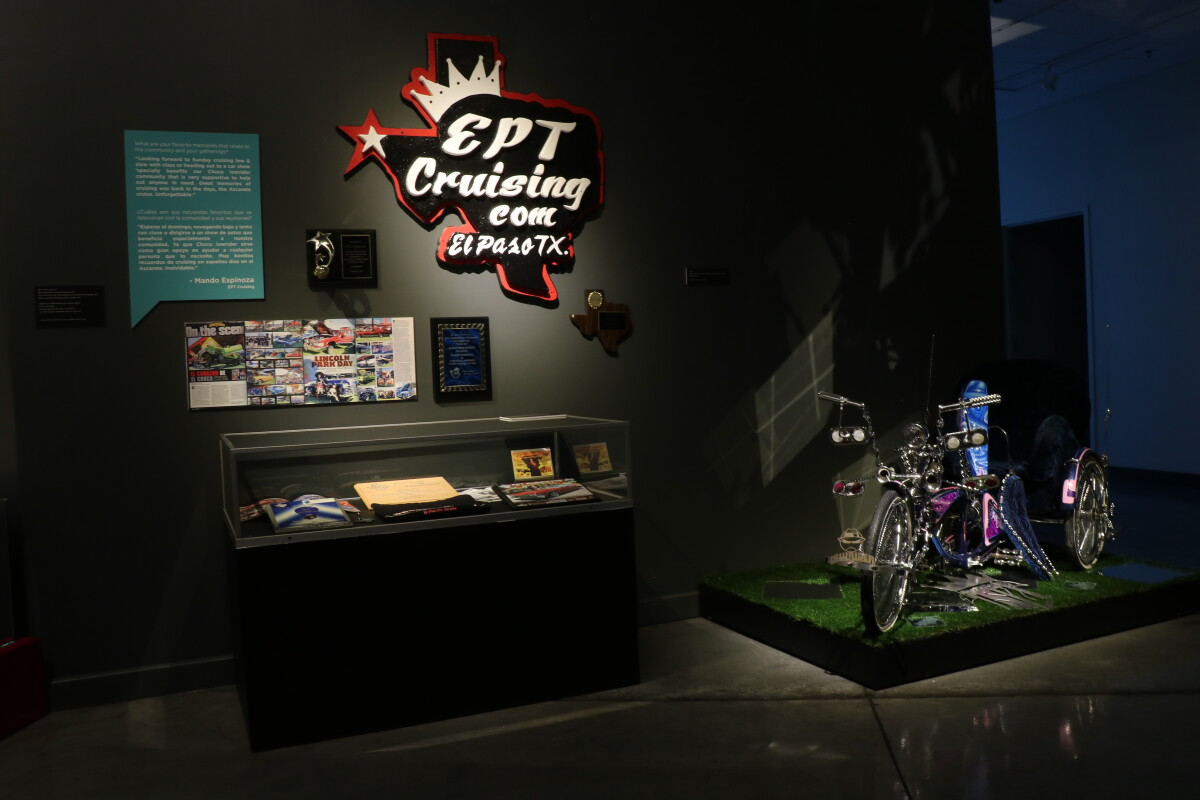
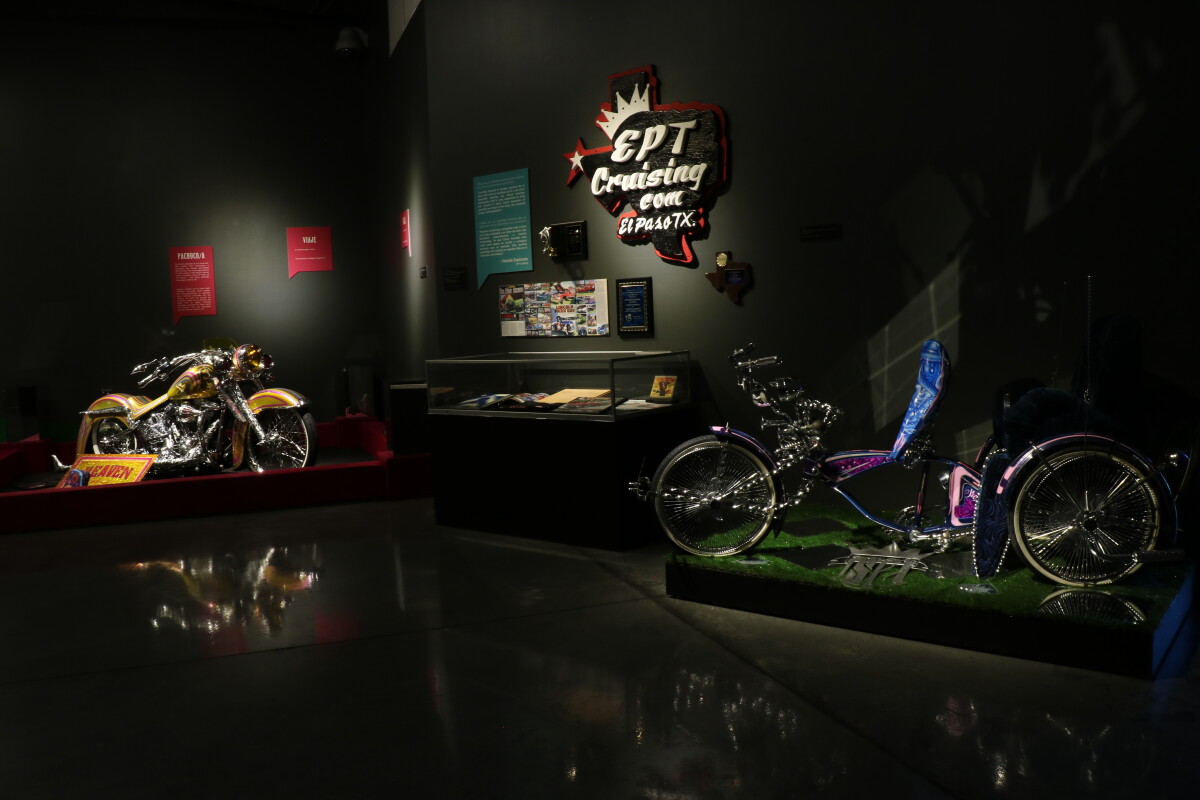
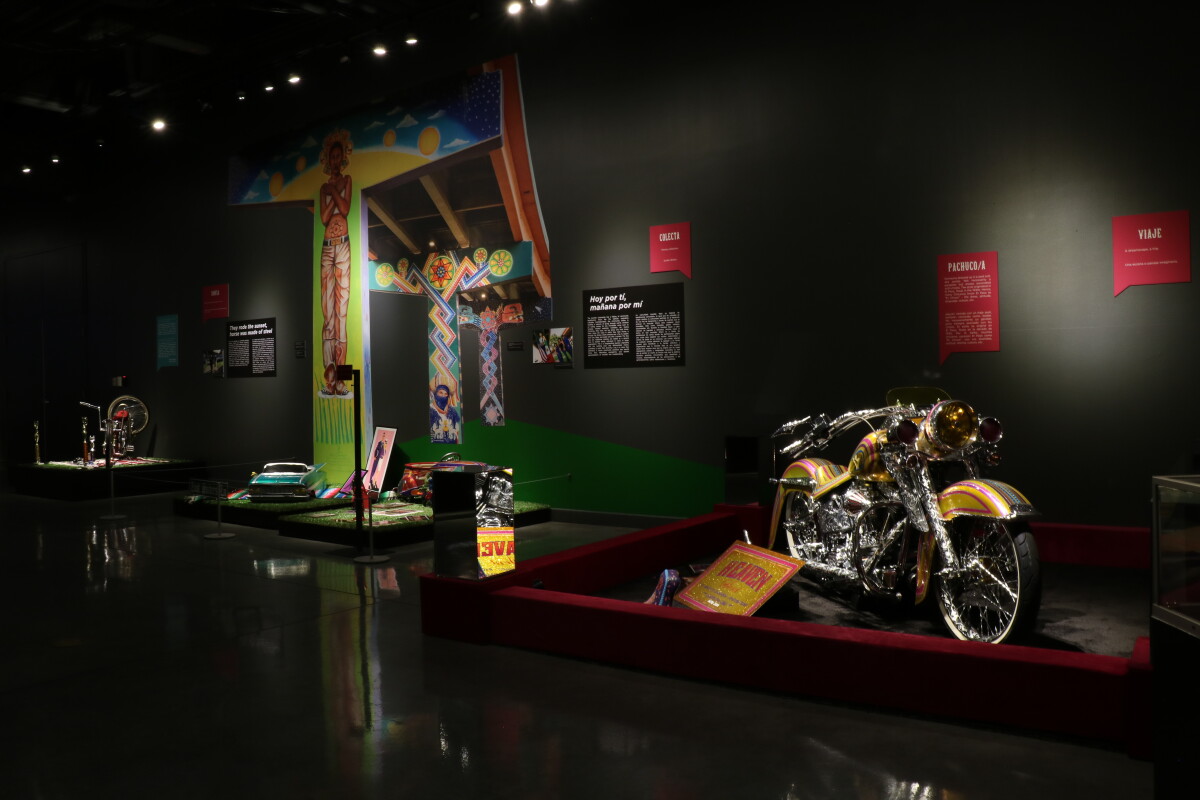
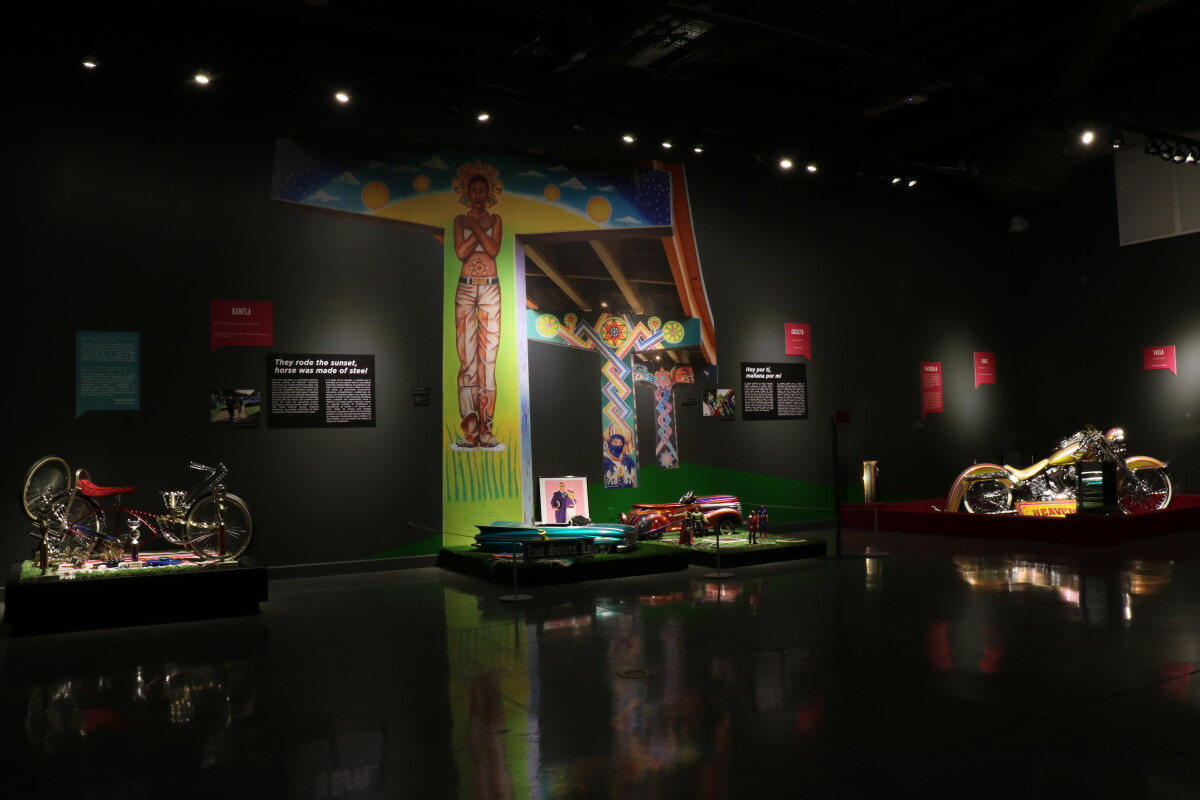
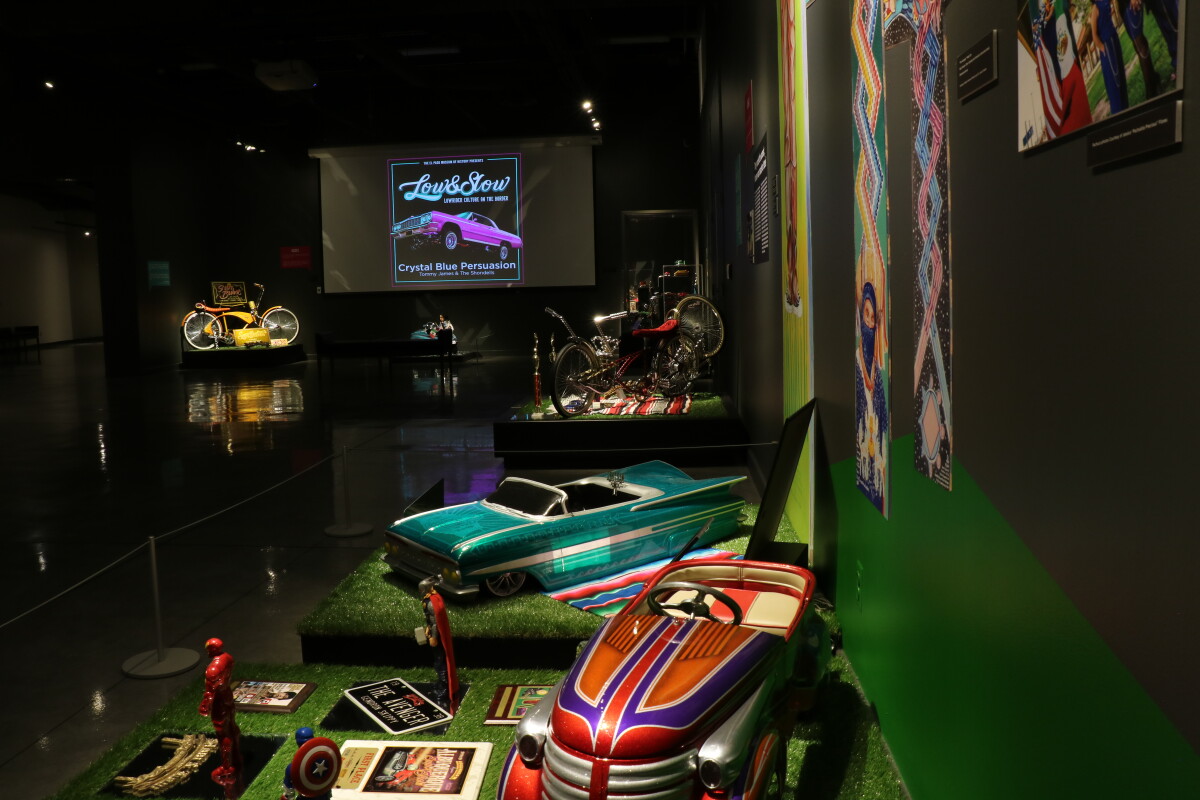
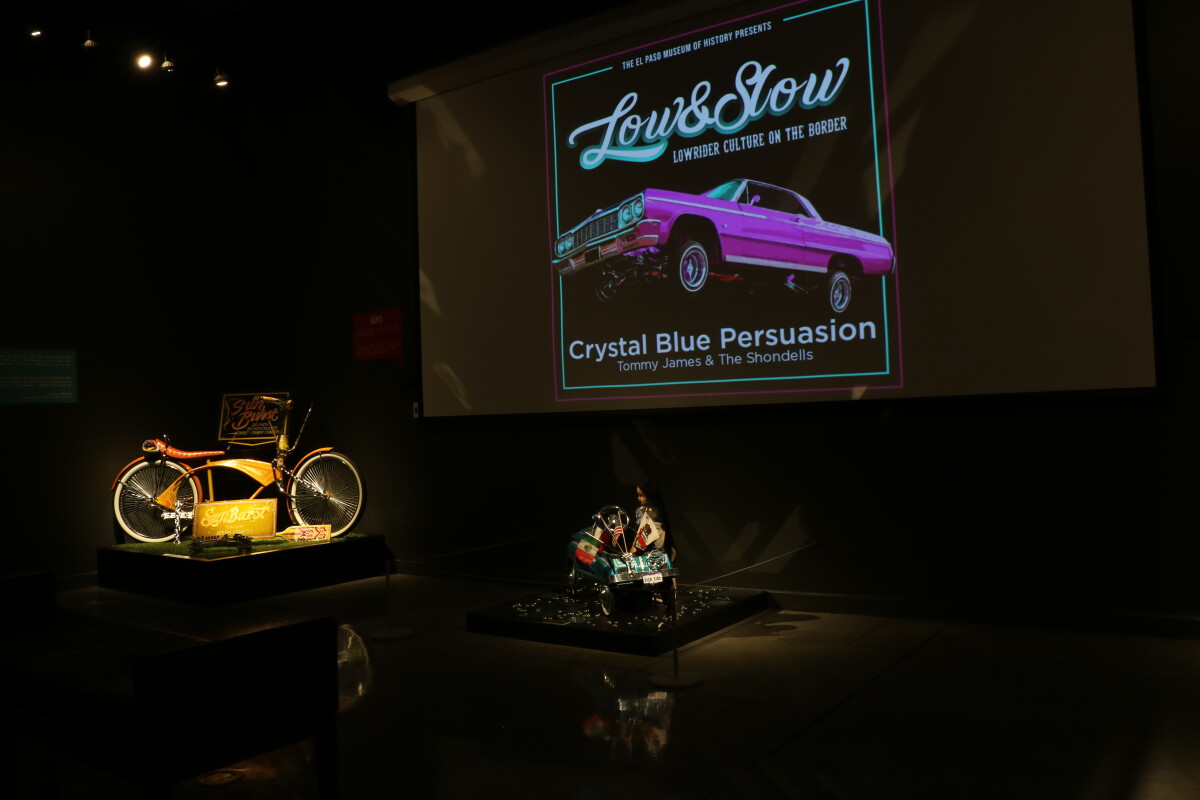
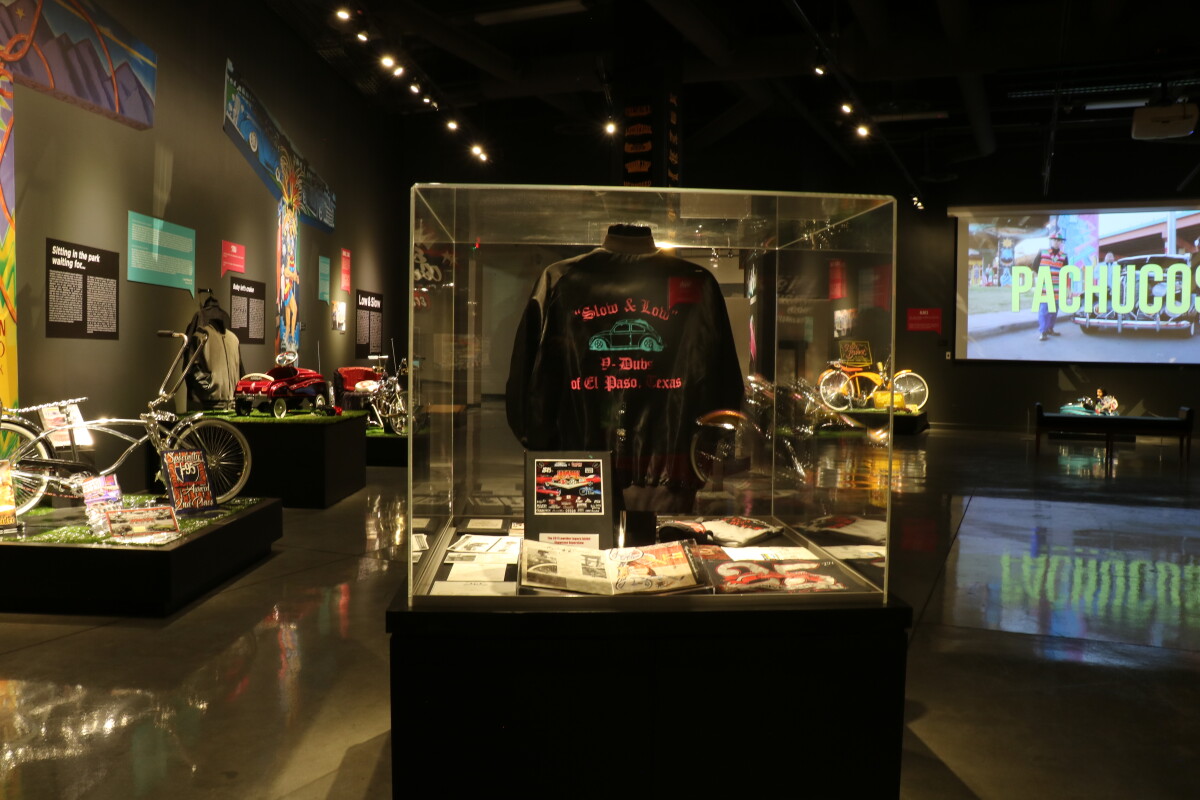
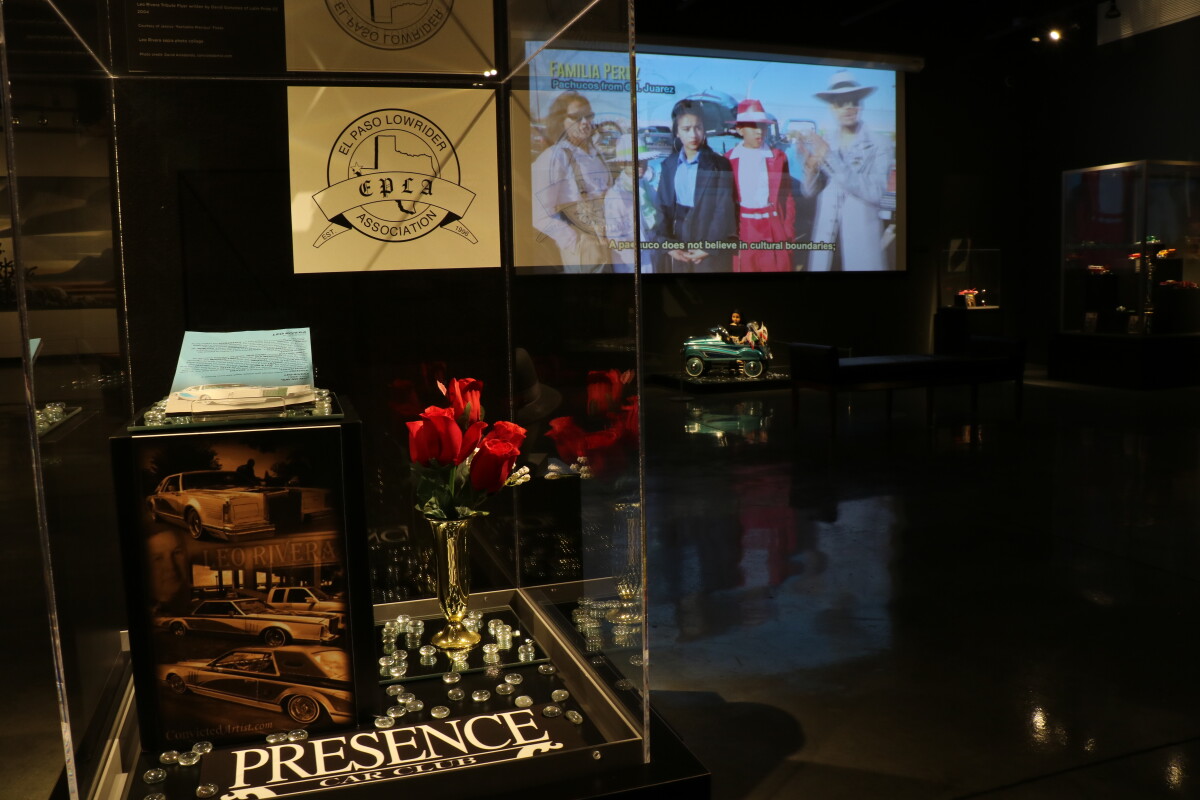
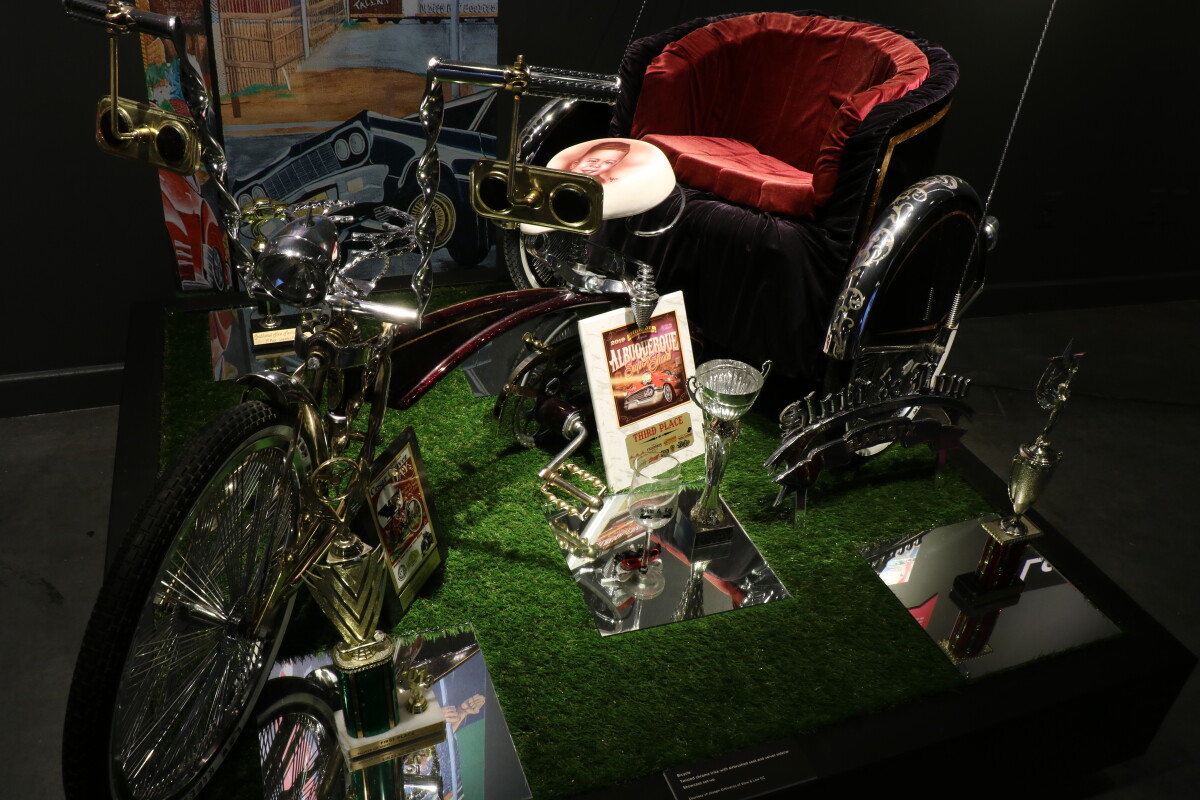
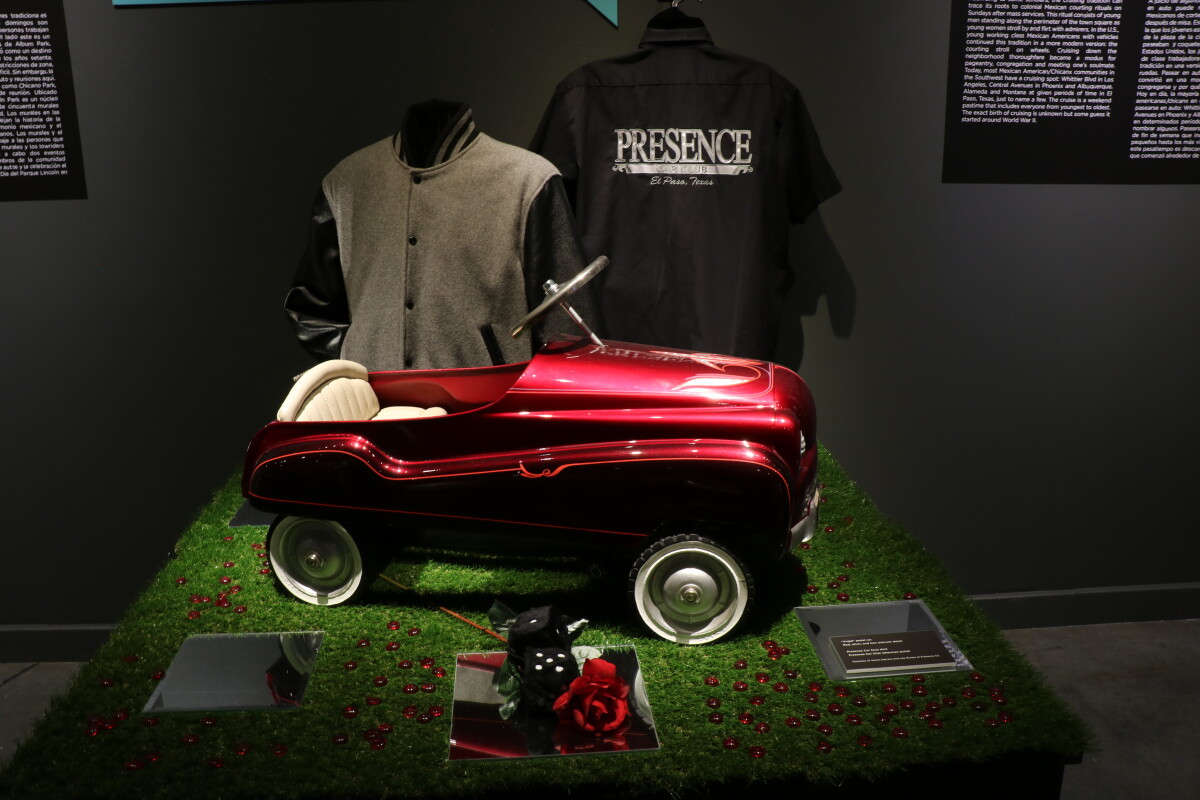
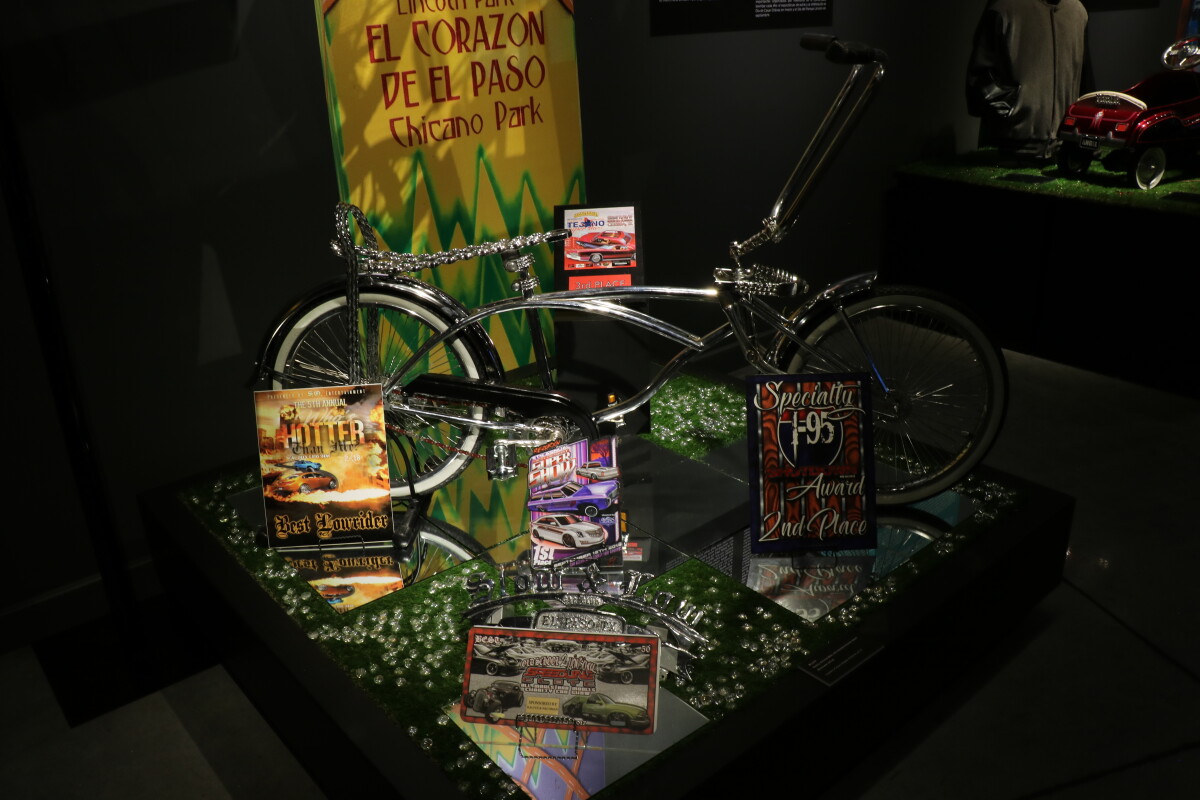
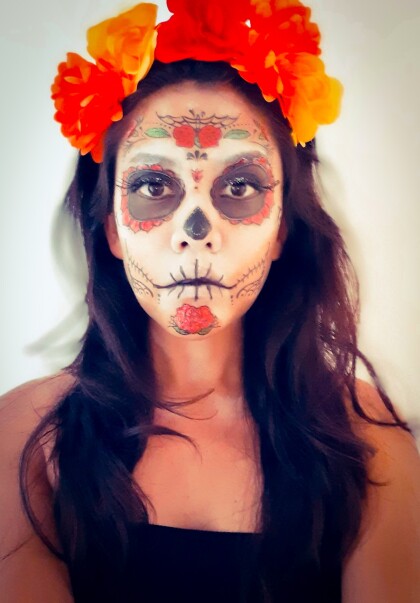
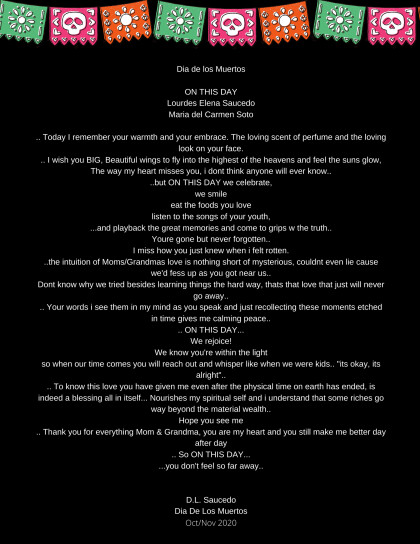
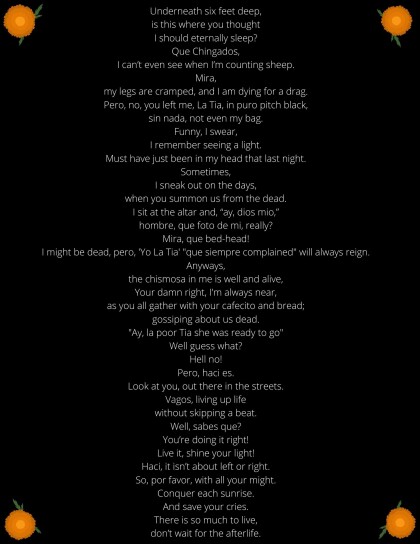
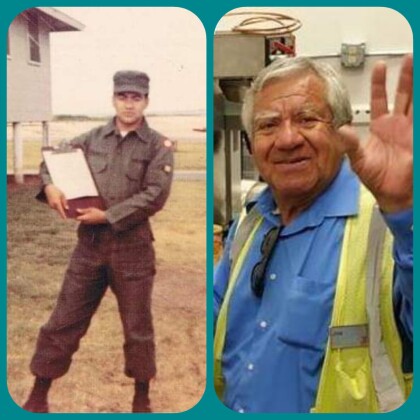
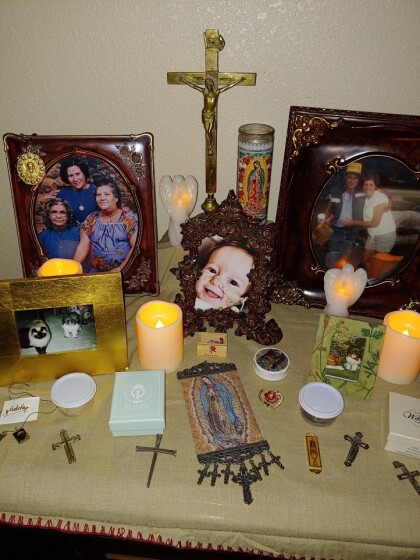
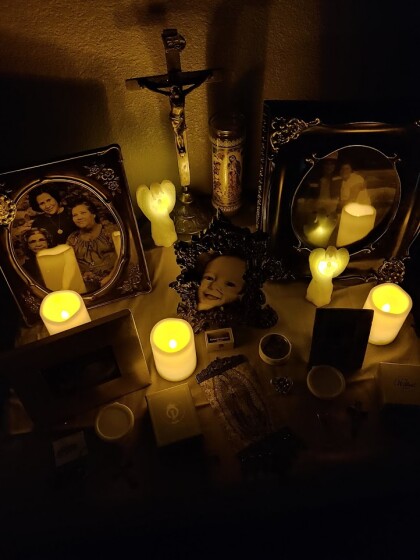
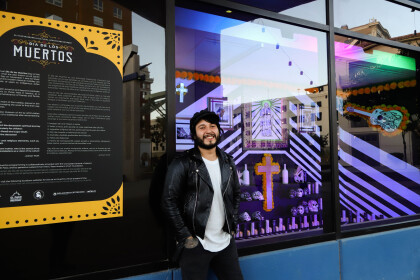
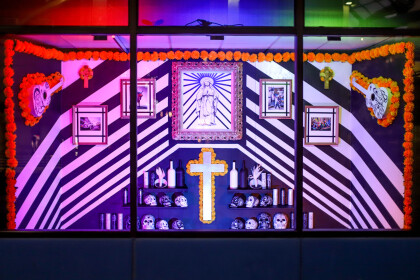
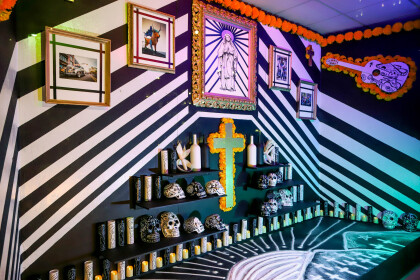
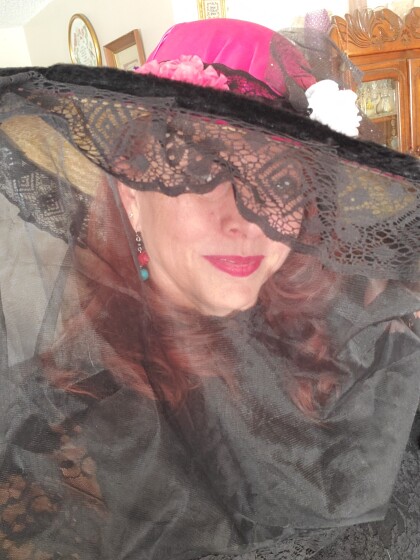
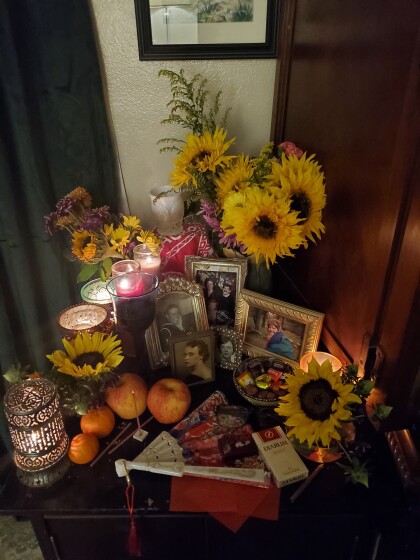
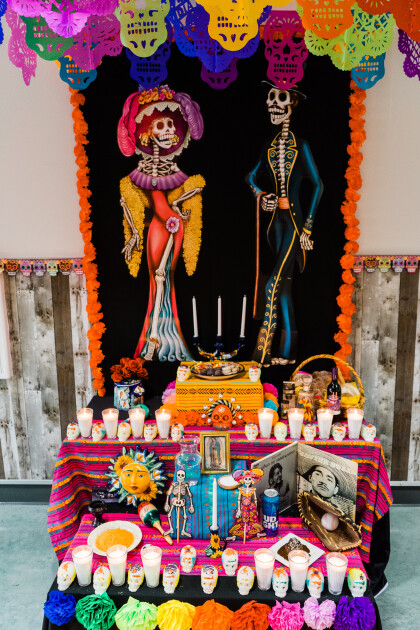
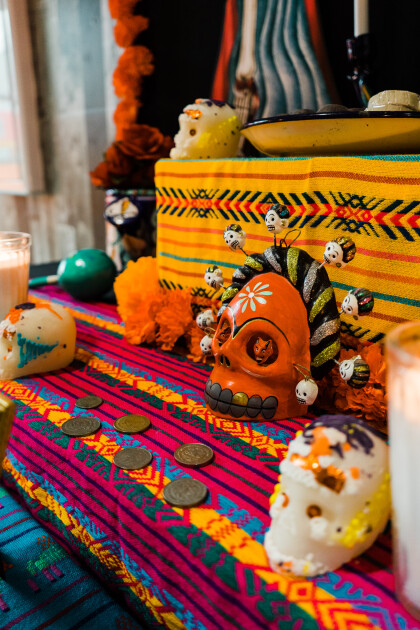
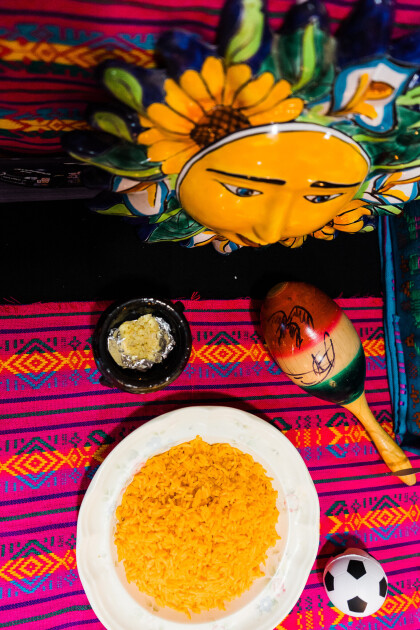
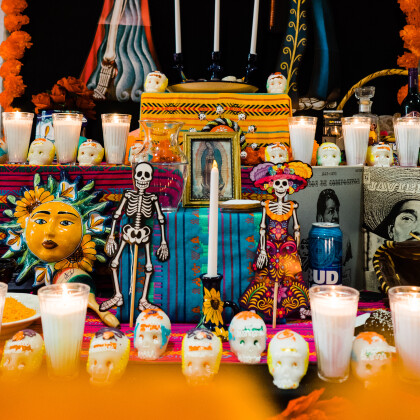
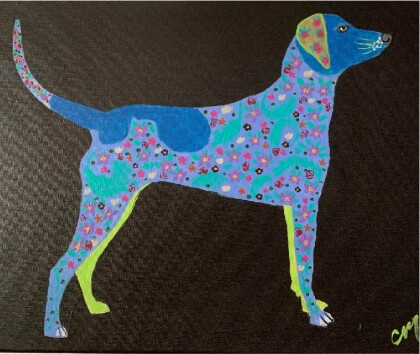
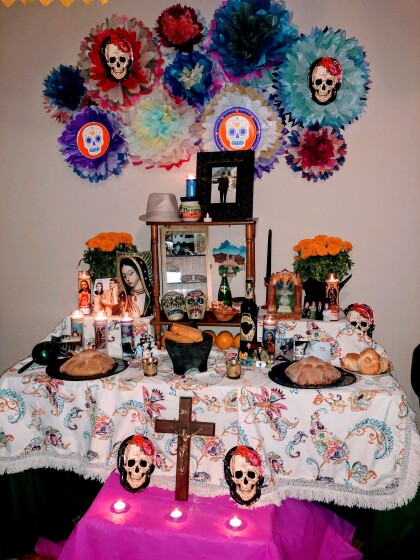
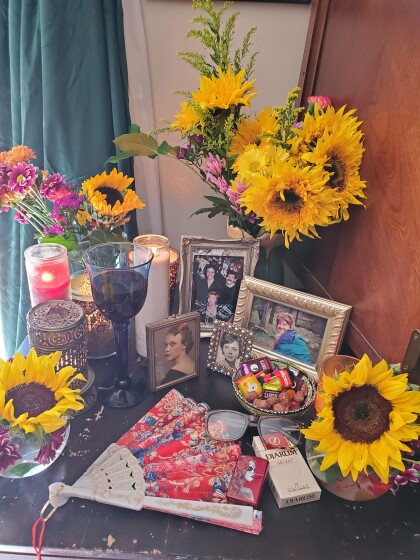
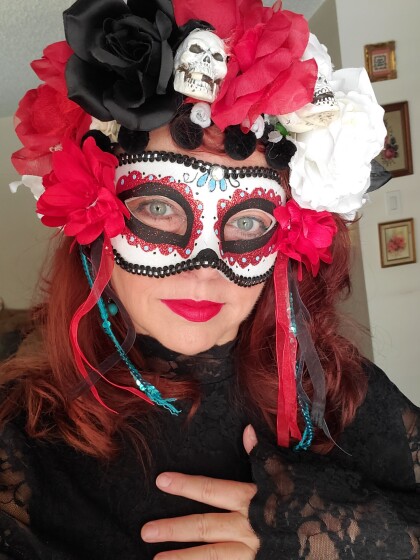
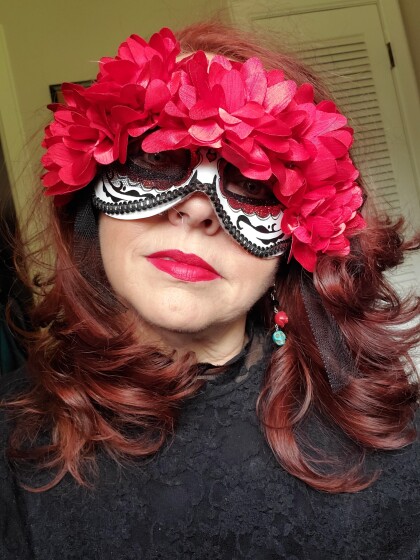
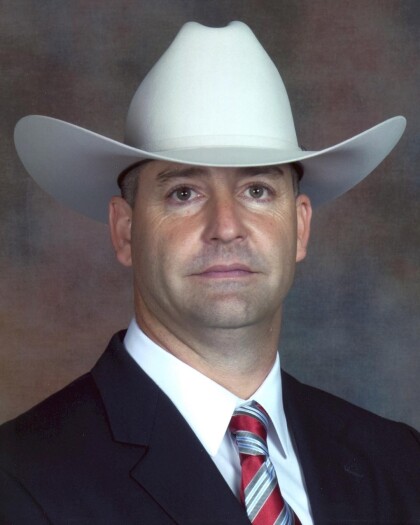
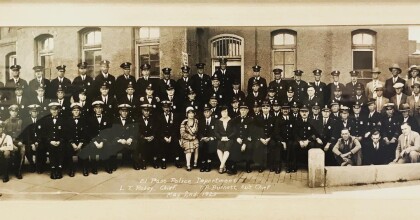
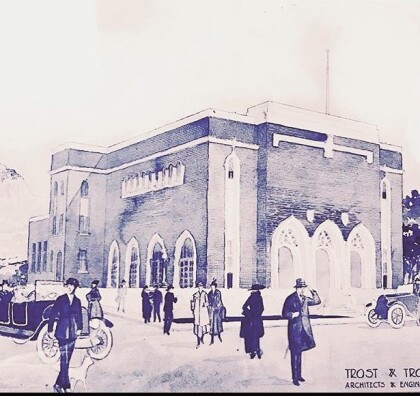
Comments
Add a comment